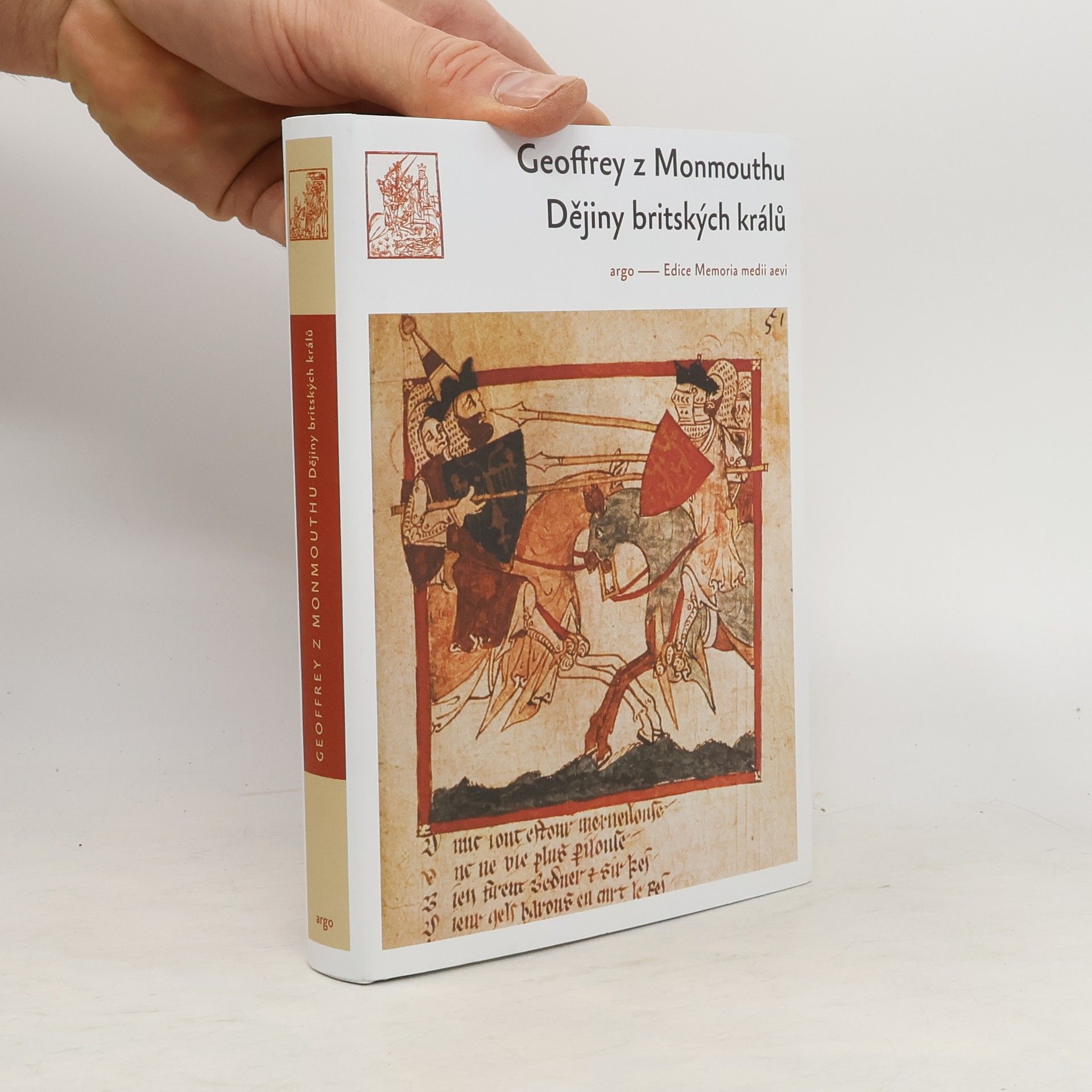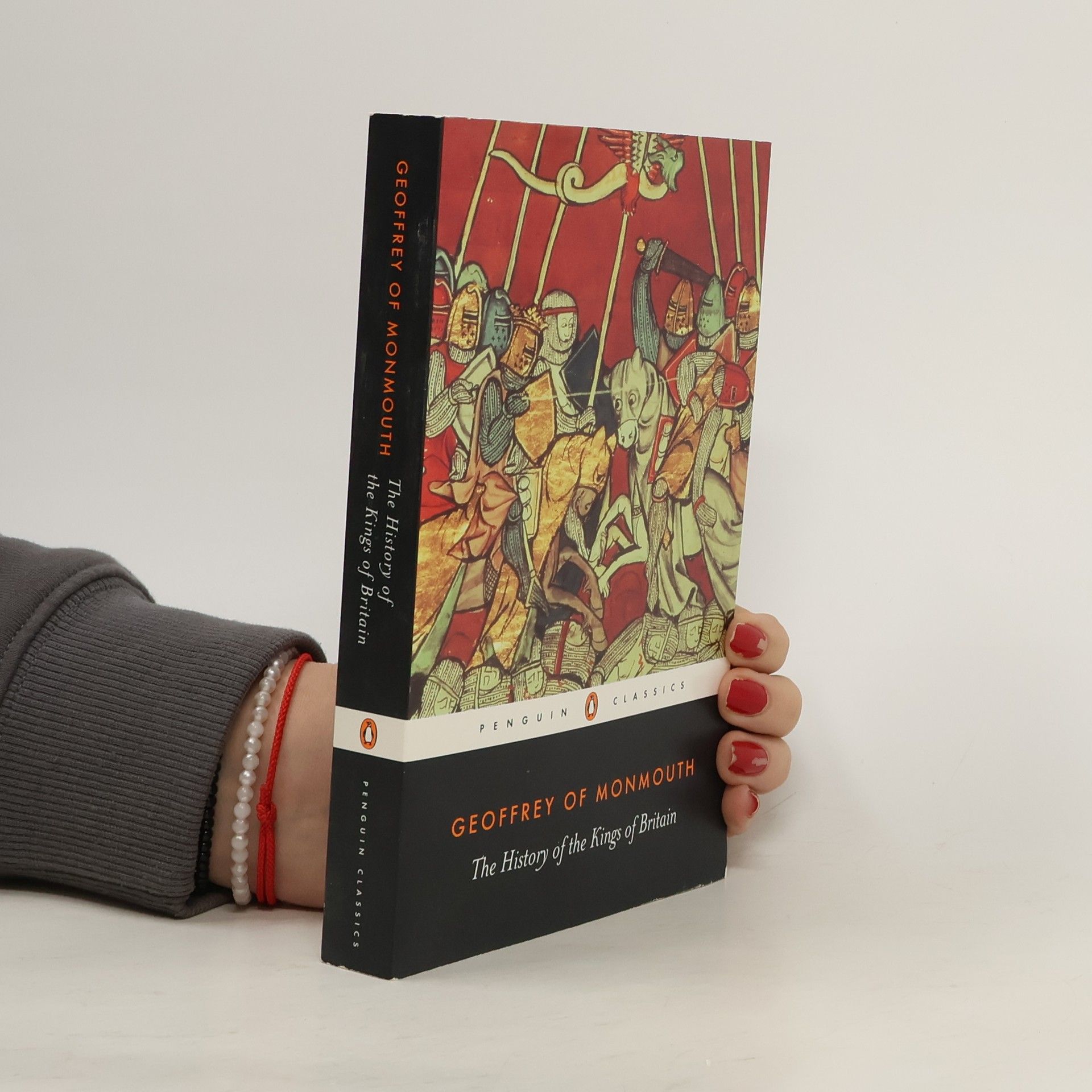Autor sám sebe ve svém díle uvádí pod latinizovaným jménem Gaufridus Monemutensis (1100−1154), zároveň se však charakterizuje jako „pudibundus Brito“, a dává tak jasně najevo své sympatie k části obyvatel britského impéria, kteří žili ve 12. století pospolu ve velké říši legendárního krále Artuše. Autor tohoto slavného díla,magister na univerzitě v Oxfordu a biskup ve Flintshirea ve Westminsteru sleduje panování všech britských králů od Bruta, přeživšího pád Tróje, až po velšské krále vládnoucí v 11. století. Plná jedna třetina jeho Historie je však věnována králi Artušovi a kouzelníku Merlinovi,postavám, které v následujících staletích ožijí v celé řadě historických i románových děl a stanou se hrdiny nesčetných filmových a divadelních adaptací.
Geoffrey Z. Monmouthu Reihenfolge der Bücher (Chronologisch)
Geoffrey von Monmouth war ein walisischer Geistlicher, dessen Werk die britische Historiographie und die anhaltende Popularität der Artus-Sagen maßgeblich prägte. Er ist vor allem für seine Chronik Historia Regum Britanniae bekannt, die britische Geschichte und Mythen verwebt. Obwohl vieles seines Schaffens als Pseudogeschichte gilt, legten seine Schriften den Grundstein für unzählige spätere literarische Interpretationen des Artus-Zyklus. Geoffrey's literarisches Erbe ist somit entscheidend für die Überlieferung und Entwicklung britischer Legenden und Sagen.


The history of the Kings of Britain
- 384 Seiten
- 14 Lesestunden
Completed in 1136, The History of the Kings of Britain traces the story of the realm from its supposed foundation by Brutus to the coming of the Saxons some two thousand years later. Vividly portraying legendary and semi-legendary figures such as Lear, Cymbeline, Merlin the magician and the most famous of all British heroes, King Arthur, it is as much myth as it is history and its veracity was questioned by other medieval writers. But Geoffrey of Monmouth's powerful evocation of illustrious men and deeds captured the imagination of subsequent generations, and his influence can be traced through the works of Malory, Shakespeare, Dryden and Tennyson.